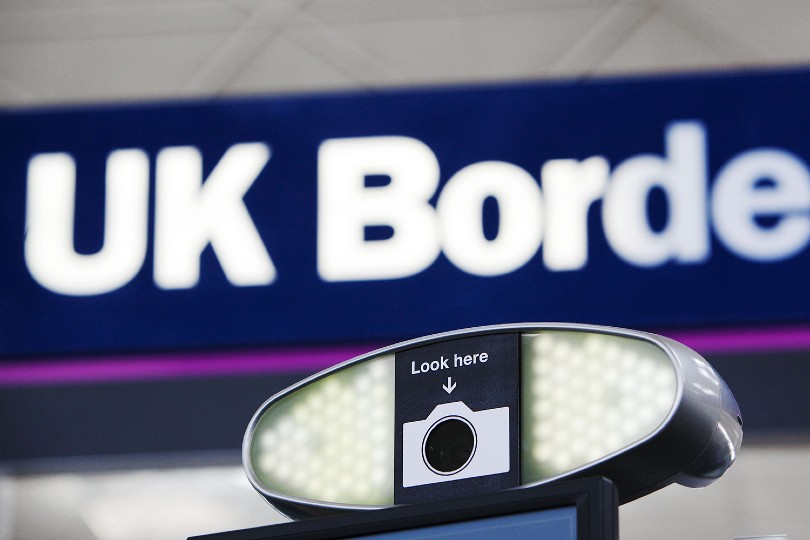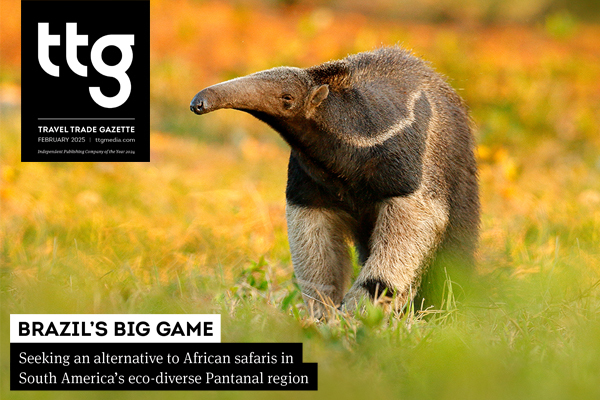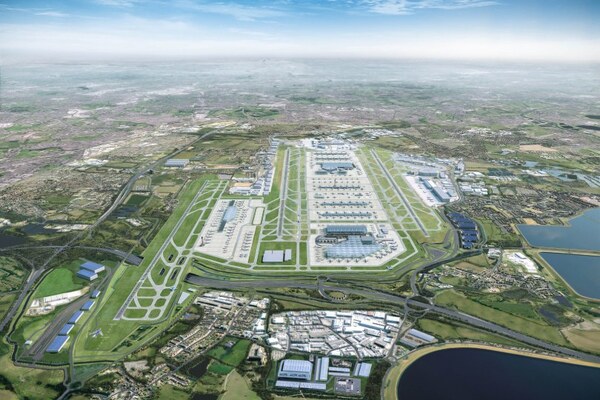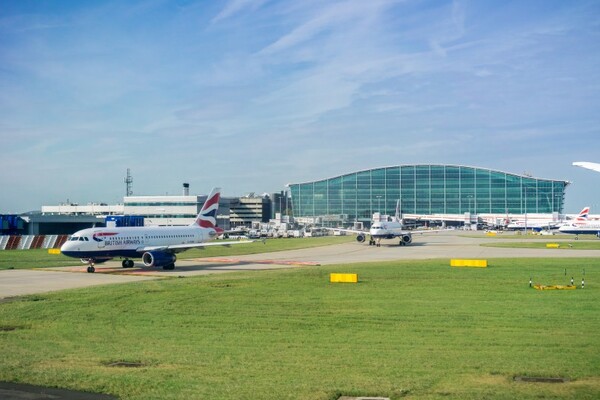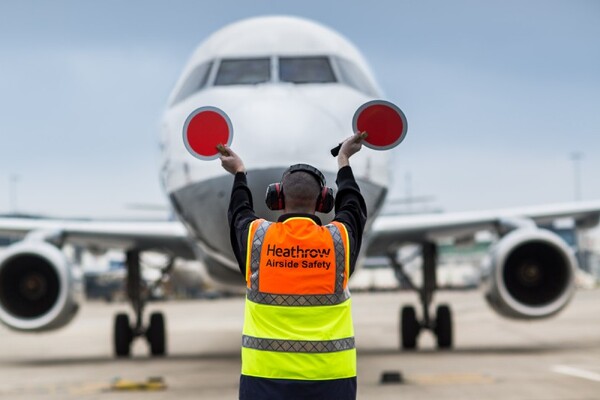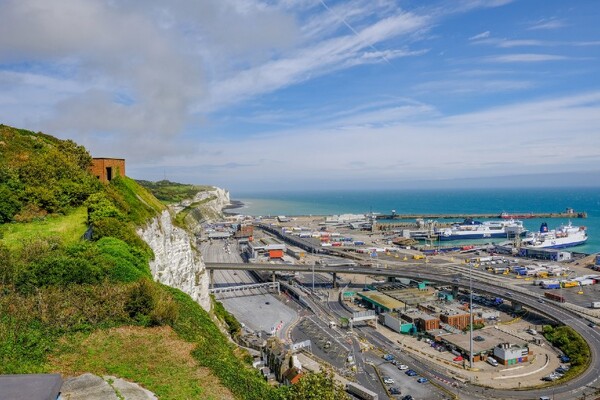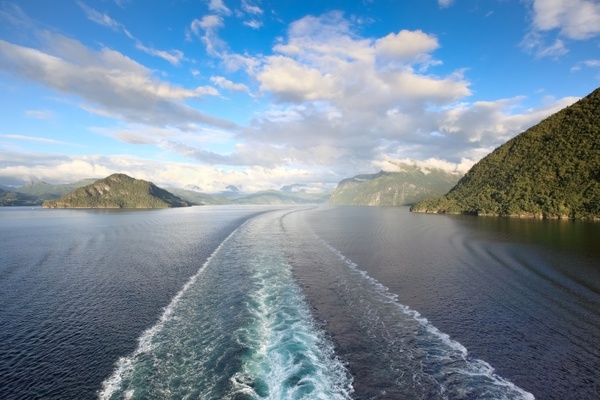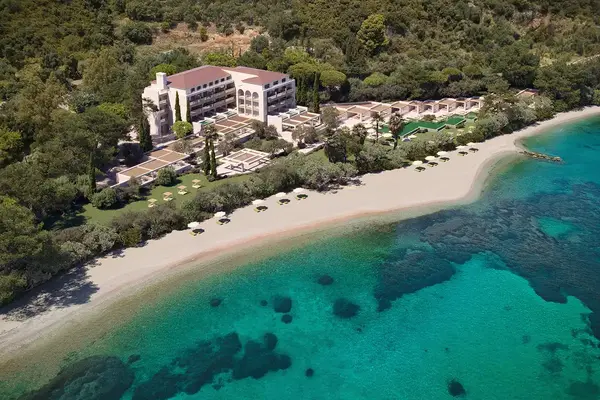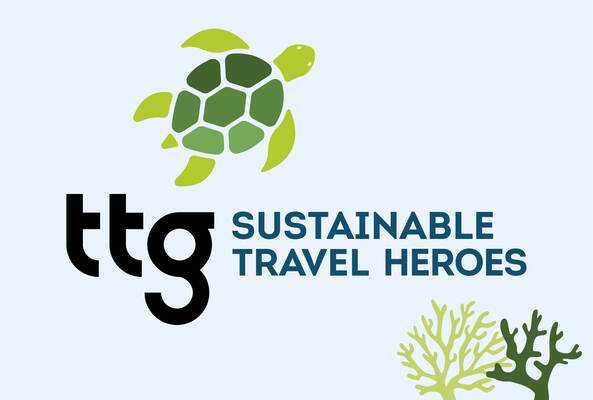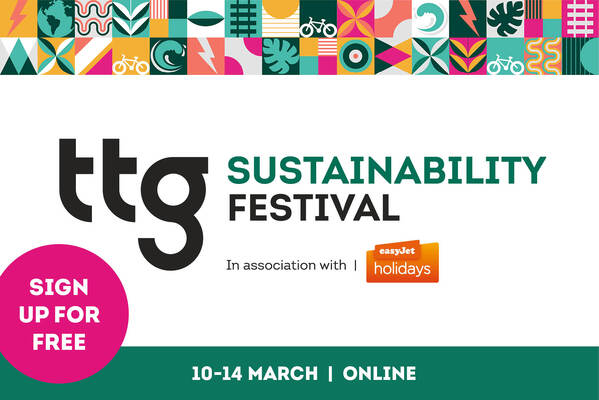Bill for govt’s Covid travel measures set to reach £500 million
 Rob Gill
Rob GillThe UK government has spent at least £486 million on implementing international travel measures during the Covid-19 pandemic, according to a report from the National Audit Office (NAO).
The government was criticised by the NAO for failing to “clearly articulate how it is assessing the success of its measures, which have also incurred costs and exposed the taxpayer to fraud”.
This included not being able to measure the effectiveness of border rules, which changed at least 10 times between February 2021 and January 2022, as well as the money spent on implementing them. This meant that the government could not show that it had “achieved value for money”.
The study also found that UK taxpayers will be footing half the £786 million bill for the government’s mandatory hotel quarantine service for passengers arriving from red-list countries between April and December 2021.
The NAO said the Managed Quarantine Service (MQS) had handled 214,000 arrivals who were required to spend 11 nights in a government-arranged quarantine hotel.
For most of this period, an average of only 2% of quarantined guests tested positive for Covid, although this figure rose to 6% in December when the Omicron variant was spreading rapidly.
The NAO noted that the Department of Health and Social Care (DHSC) had originally thought that the cost of the hotel quarantine service would be met by the price charged to travellers. But in the end half of its cost – just under £400 million – will be picked up by the taxpayer.
It also revealed that the percentage of checks of the passenger locator form (PLF) by the Border Force reduced over time after its introduction in June 2020, with less than 1% of forms being checked from September 2021 until they were scrapped last month.
The NAO said the service to customers buying private Covid tests for travel had “sometimes been poor”, with PCR tests listed on the government’s website ranging in price from £15 to £525.
The UK Health Security Agency (UKHSA) also struggled to check if people who were required to self-isolate after travel were following the rules.
Between May 2021 and February 2022, the UKHSA was unable to confirm whether one third (33%) of those required to isolate had been doing so – this figure ranged between 26% and 42% of possible non-compliance during these months.
Gareth Davies, the head of the NAO, said: “The government has had to balance many competing objectives when managing the border through the pandemic, making changes at short notice to adapt to the challenges of Covid-19.
“After two years of the pandemic and following the recent removal of travel restrictions, the government has an opportunity to ensure that it develops a systematic approach to managing any future travel measures, applying the learning from Covid-19.”
Sign up for weekday travel news and analysis straight to your inbox

Rob Gill
Supplier Directory
Find contacts for 260+ travel suppliers. Type name, company or destination.
